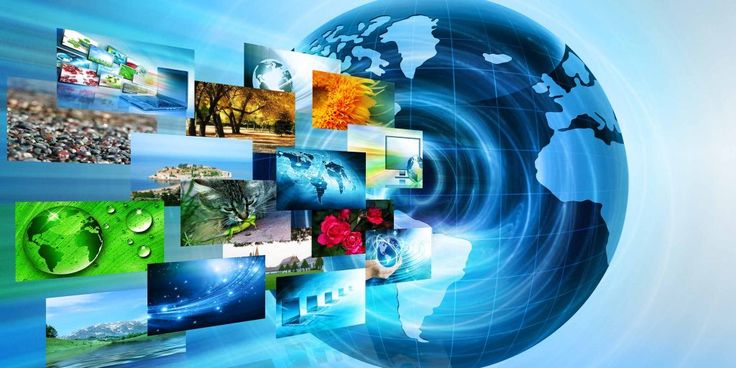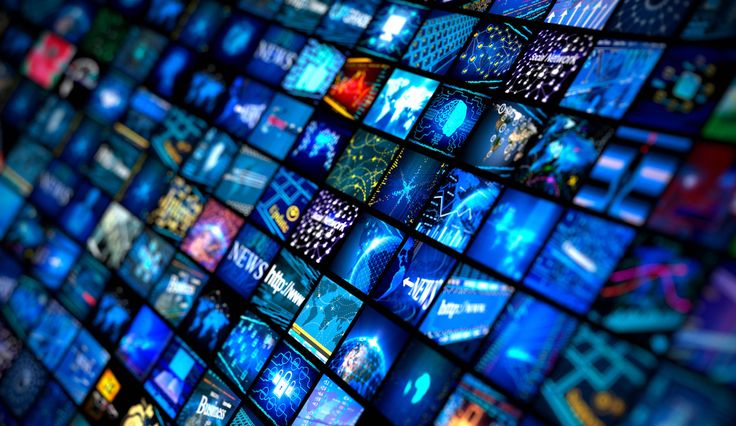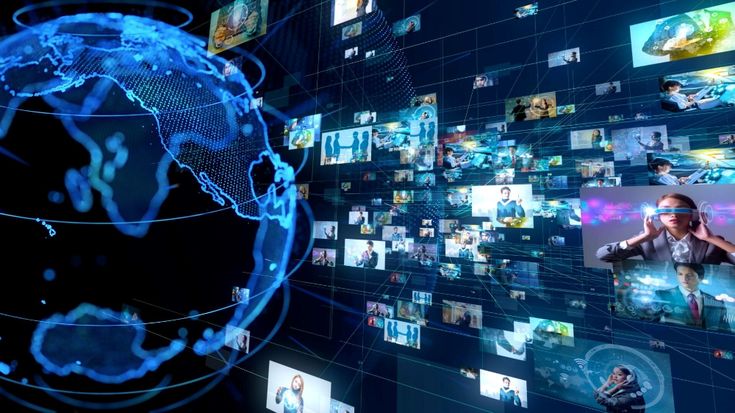Table of Contents
Introduction
Artificial intelligence is transforming industries across the board, and media and entertainment are no exceptions. With cutting-edge technologies, AI is reshaping content creation, gaming, audience engagement, and even economic models. In this blog, we will dive deep into how AI is revolutionizing the media and entertainment sector, the future of AI in this field, and how it impacts the broader economy.

How Does Artificial Intelligence Affect the Media and Entertainment Industry?
1. Personalized Content Recommendations
AI’s algorithms analyze user behavior and preferences to provide personalized content recommendations, as seen in streaming services like Netflix and Spotify. These recommendations enhance user experience by delivering content that suits their tastes, leading to increased engagement.
Case Study: Netflix’s AI Algorithms
Netflix uses machine learning algorithms to analyze viewing habits and provide personalized recommendations for each user. These algorithms not only predict what users are likely to watch next but also optimize content creation based on trends. This has significantly improved user retention and reduced churn rates.
2. Automated Content Creation
Artificial intelligence is also involved in automating the creation of digital content. From generating news articles to designing graphic elements for movies and games, AI tools can speed up production processes while reducing costs.
Case Study: AI-Generated Scripts
Companies like ScriptBook use AI to analyze movie scripts and predict their box office success. Additionally, Artificial intelligence has been used to co-write scripts for short films and advertisements, cutting down on time spent on creative ideation while still producing high-quality content.
3. Advanced CGI and Visual Effects
AI plays a significant role in the development of advanced computer-generated imagery (CGI) and visual effects. AI-driven visual effects software can automate tedious tasks like rendering, object tracking, and scene mapping, freeing up artists to focus on creativity.
Case Study: Deepfakes in the Entertainment Industry
Deepfake technology, which uses AI to manipulate video and audio content, is becoming increasingly popular in film and media production. This technology allows for seamless editing and even the recreation of deceased actors in new roles. While deepfakes raise ethical concerns, they are a testament to AI’s ability to revolutionize visual effects.
4. AI in Music Production
AI’s impact on the music industry is profound. Tools powered by AI are now capable of composing music, mixing soundtracks, and even replicating an artist’s voice. This automation saves time and costs while providing creators with more innovative ways to experiment with music.
Case Study: OpenAI’s MuseNet
MuseNet, developed by OpenAI, is an AI-based tool capable of generating original music compositions in various styles and genres. Musicians and producers have used MuseNet to quickly generate soundtracks, demonstrating AI’s growing influence in the creative process.

What Is the Future of AI in Entertainment and How AI Is Used in Entertainment and Gaming?
1. Virtual Reality (VR) and Augmented Reality (AR) Enhanced by AI
The fusion of Artificial intelligence with VR and AR is opening new dimensions in interactive entertainment. AI algorithms make real-time adjustments to virtual environments, creating more realistic and immersive experiences. This technology is increasingly used in games, theme parks, and interactive media.
Case Study: AI-Driven VR Games
AI has been utilized in the development of interactive VR games where characters evolve based on player actions. Games like Half-Life: Alyx utilize AI to generate unpredictable, yet immersive experiences that change with each interaction, enhancing player engagement.
2. AI-Powered Storytelling and Character Development
AI is revolutionizing how stories are told in games and movies. AI-powered engines analyze vast data to create dynamic narratives and realistic characters, making entertainment more engaging and emotionally resonant. These characters can adapt their behavior based on player interactions, making the storyline highly interactive.
Case Study: AI in The Sims Franchise
In The Sims game series, AI algorithms control the behavior of non-playable characters (NPCs), allowing them to respond to player decisions in real time. This adaptability adds depth to the storytelling process, making each player’s experience unique.
3. Procedural Content Generation in Gaming
AI’s procedural generation algorithms are being used to create massive game worlds and dynamic environments that adapt in real time. This allows for endless possibilities, from infinite game levels to player-driven story arcs.
Case Study: AI in No Man’s Sky
The space exploration game No Man’s Sky uses procedural content generation powered by AI to create an almost infinite universe of planets, each with unique ecosystems, landscapes, and life forms. This has redefined the limits of game design, allowing for continuous exploration.
4. AI-Enhanced Realism in Animation
In both gaming and filmmaking, Artificial intelligence is elevating the realism of animation. From facial expressions to movements, AI algorithms can capture and replicate human behavior in more lifelike ways than ever before.
Case Study: AI in Disney’s Animation Studios
Disney uses Artificial intelligence to enhance the realism of animated characters by capturing subtle facial expressions and body movements. The AI-driven software helps animators to create more emotive and engaging characters, making films more immersive for viewers.

How Does Artificial Intelligence Help the Economy?
1. Boosting Productivity in Media Production
Artificial intelligence accelerates media production processes by automating repetitive tasks such as video editing, rendering, and content categorization. This allows production teams to focus on creativity and strategy, which increases overall productivity.
Economic Impact: Automation Reduces Costs
By automating key production tasks, companies in the media and entertainment industry can significantly reduce operational costs. This leads to more efficient production pipelines, faster delivery of content, and higher profit margins.
2. Creating New Job Roles and Opportunities
While AI may automate some tasks, it also creates new job roles. For instance, professionals are needed to manage, train, and maintain AI systems. As AI continues to integrate into the entertainment industry, roles such as AI trainers, data scientists, and automation specialists are emerging.
Economic Impact: Expansion of Tech-Driven Jobs
With the rise of Artificial intelligence in media and entertainment, there is an increased demand for skilled workers in AI-related fields. This shift toward AI-based production and distribution is contributing to the growth of the digital economy and creating new employment opportunities.
3. Enhancing Customer Experience and Revenue Models
AI-driven personalization improves customer satisfaction by delivering targeted content that matches viewer preferences. This tailored approach increases user engagement, which translates into higher subscription rates, advertising revenues, and more sustainable business models.
Economic Impact: Increased Revenue Streams
With AI’s ability to analyze consumer data, media companies can optimize their marketing and distribution strategies. This leads to the discovery of new revenue streams through targeted advertising, subscription models, and data-driven partnerships.
4. AI-Driven Insights for Investment and Decision-Making
AI’s predictive analytics capabilities offer critical insights into market trends and audience behaviors. Companies in the entertainment sector use these insights for strategic investments, content development, and audience engagement.
Economic Impact: Informed Decision-Making Boosts Profitability
By harnessing AI’s predictive capabilities, media companies can make informed decisions regarding content production, marketing, and distribution. This minimizes risk, optimizes resource allocation, and ultimately increases profitability.
Conclusion
Artificial intelligence is not only shaping the media and entertainment industry but also driving economic growth. From personalized content recommendations to AI-powered gaming, the future of entertainment is being molded by advanced technologies. Additionally, the economic benefits of AI—ranging from job creation to increased productivity—highlight its importance in the evolving global market.
As we move forward, AI’s role in entertainment and gaming will only deepen, offering new opportunities for innovation and creativity. The interplay between Artificial intelligence and the economy will continue to drive the transformation of industries, laying the foundation for a future where technology and creativity coexist harmoniously.